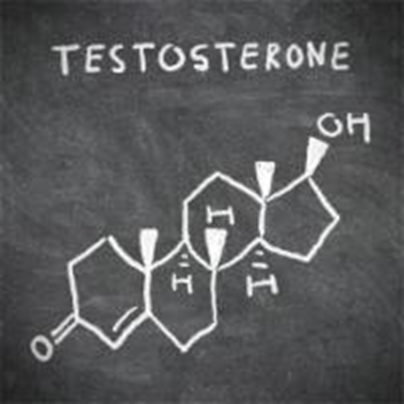I recently attended the Advanced Applications in Medical Practice (AAMP)’s fall conference focusing on endocrinology. This was a 3-day, multi-doctor panel that taught all things endocrinology – the study of hormones. I especially was intrigued by the research showing low testosterone in men affects cardiovascular risk and blood sugar regulation.
Type 1 Diabetes
While I personally don’t have any type 1 diabetics currently in my practice, I gleaned quite a bit from the diabetes talk by Dr. Jodi Stanislaw, NMD. If you recall, type 1 diabetes is where the body starts to attack the pancreas via autoimmune antibodies, and you cannot make insulin to be able to utilize the blood sugar. This can be life threatening and the patient is insulin dependent. There were many nuanced and often overlooked helpful points about blood sugar that can be applied to pre and type 2 diabetes.
Prediabetes and Type 2 Diabetes
I do see quite a few patients with prediabetes and type 2 diabetes, where the body’s glucose/sugar use is dysfunctional and often controlled by diet or if needed, supplements and oral medications. Their body can still produce insulin, but sometimes the communication between insulin production and use breaks down.
Hormones and Blood Sugar Regulation – an Important Connection
While blood sugar and hormones (estrogen, progesterone, testosterone) are often not linked together, the Endocrine Society is now recognizing this relationship as more important in the management of diabetes than previously understood.
There have been numerous studies regarding the beneficial relationship testosterone has on blood sugar regulation and atherosclerosis (the buildup of plaques in the artery walls which can cause high blood pressure, heart attacks, and cardiovascular disease).
The Endocrine Society is now recommending measuring testosterone in all newly diagnosed diabetic men as testosterone has not been found to necessarily effect the blood sugars directly, but moreover the inflammation that accompanies high blood sugar.
Bottom line: adding testosterone replacement therapy to a diabetic’s regimen improves cardiovascular inflammation, decreases cardiovascular risk, and decreases obesity. I think this research is amazing and will begin measuring testosterone in my male prediabetic and diabetic patients to further decrease cardiovascular risk!

